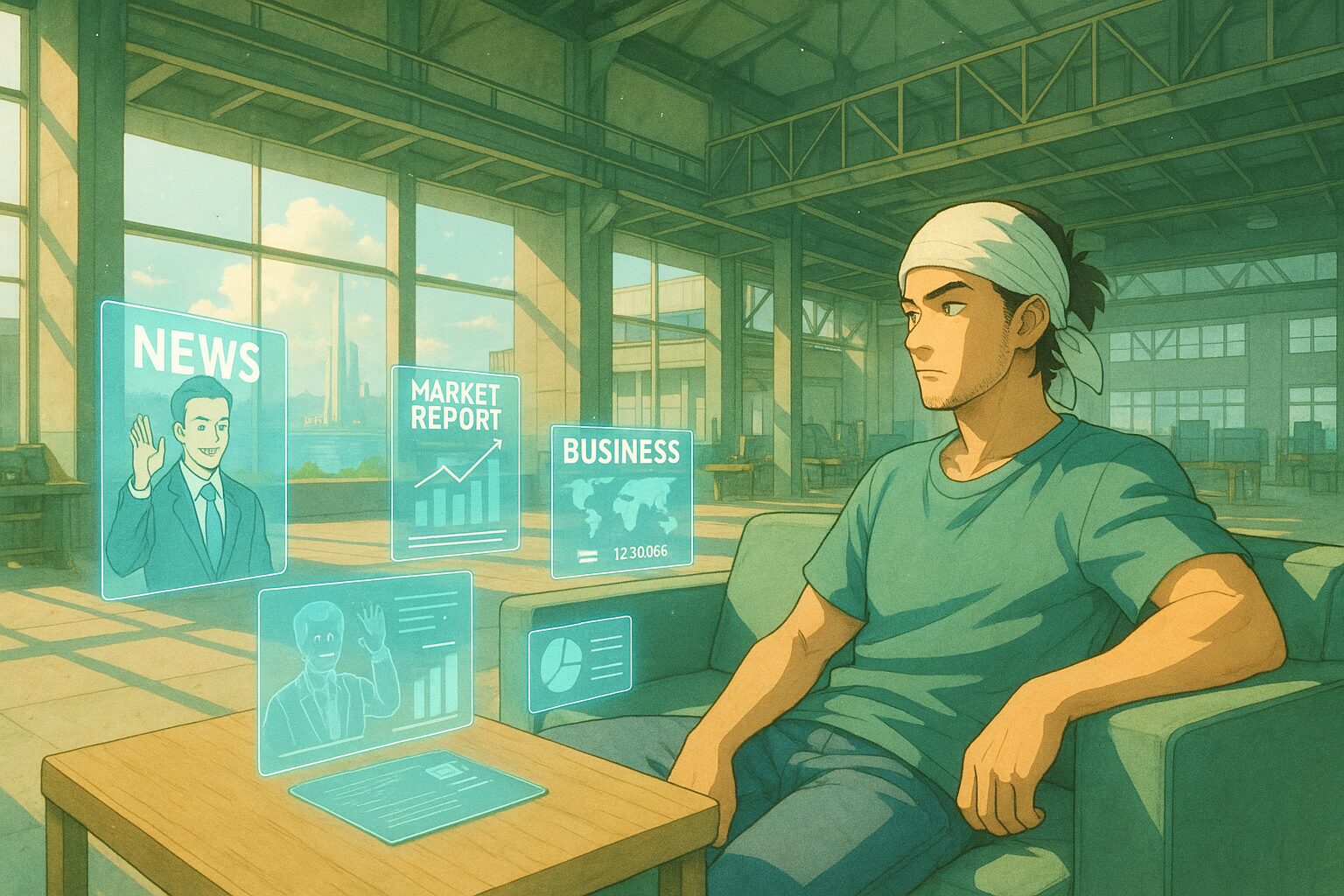How Will the Digital Economy Change the World?
We live in an era where technological evolution and the integration of digital are rapidly advancing. Countries that embrace these changes can gain economic resilience, inclusive growth, and international competitiveness. Amidst this, Pakistan is trying to leverage its young and vibrant population, expanding internet access, and developing digital infrastructure to steer toward a digital economy. If this trend continues, how will our lives change?
1. Today’s News
Source:
https://www.dawn.com/news/1927013/paving-the-way-for-an-inclusive-digital-economy
Summary:
- As technological evolution and digital integration progress, countries that have embraced digital transformation can gain a favorable economic position.
- Pakistan has promising conditions for transitioning to a digital economy.
- Although there are multiple efforts toward digitalization, it is essential to integrate these and establish a consistent strategy.
2. Considering the Background
Digitalization is closely related to our lives. Digital technologies are helpful in everyday situations, such as the increase in online shopping, the expansion of electronic money use, and the digitization of administrative procedures. However, if these efforts progress independently, their effects will be limited. A unified vision and policy are needed to advance digitalization, as in the case of Pakistan. This will enable a society where more people can benefit from these advancements.
3. What Will the Future Look Like?
Hypothesis 1 (Neutral): A Future Where Digitalization Becomes the Norm
Online transactions and administrative procedures will become standard, and people will use digital technologies in their daily lives. This will make access to information easier and improve overall societal efficiency. However, as technology becomes more integrated into everyday life, security and privacy issues may emerge as new challenges.
Hypothesis 2 (Optimistic): A Future Where the Digital Economy Thrives
Pakistan will grow as a leader in the digital economy, revitalizing its economy. New business models will emerge, increasing employment opportunities and improving living standards. People will leverage digital technologies to create new value, making creativity enrich society.
Hypothesis 3 (Pessimistic): A Future Where the Digital Divide Expands
People who cannot keep up with technological advancements will be left behind, and the digital divide will widen. Disparities in access to technology and proficiency between urban and rural areas, as well as between youth and the elderly, could exacerbate social inequalities. As more people fail to benefit from digitalization, societal fragmentation may deepen.
4. Tips for Us
Mindset Tips
- Consider how we can utilize digital technologies to create a better society.
- Reflect on the choices we can make daily to maximize the benefits of digitalization.
Small Practical Tips
- Regularly try new technologies to enhance digital literacy.
- Create community spaces to share the convenience of digital technologies and learn together.
5. What Would You Do?
- What new values would you create using digital technologies?
- What skills would you like to acquire as technology evolves?
- What actions will you take to bridge the digital divide?
What future do you envision? Please share with us through social media quotes or comments.









